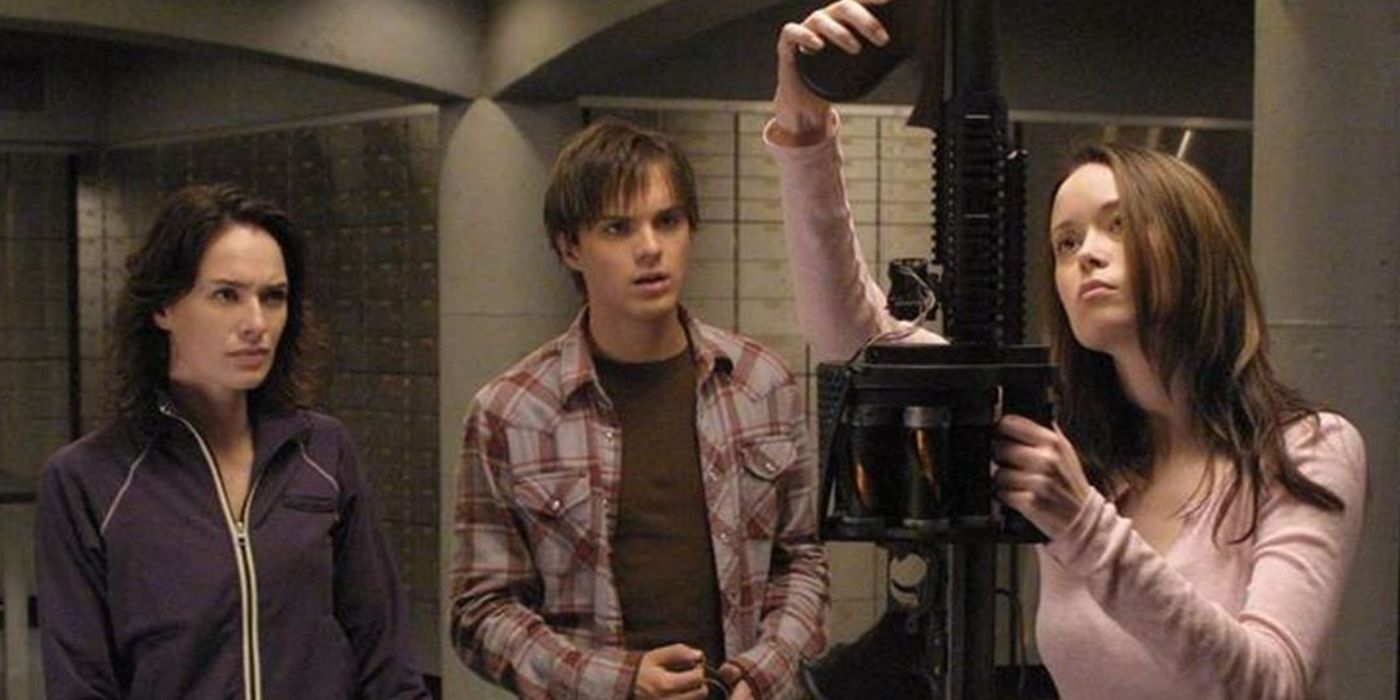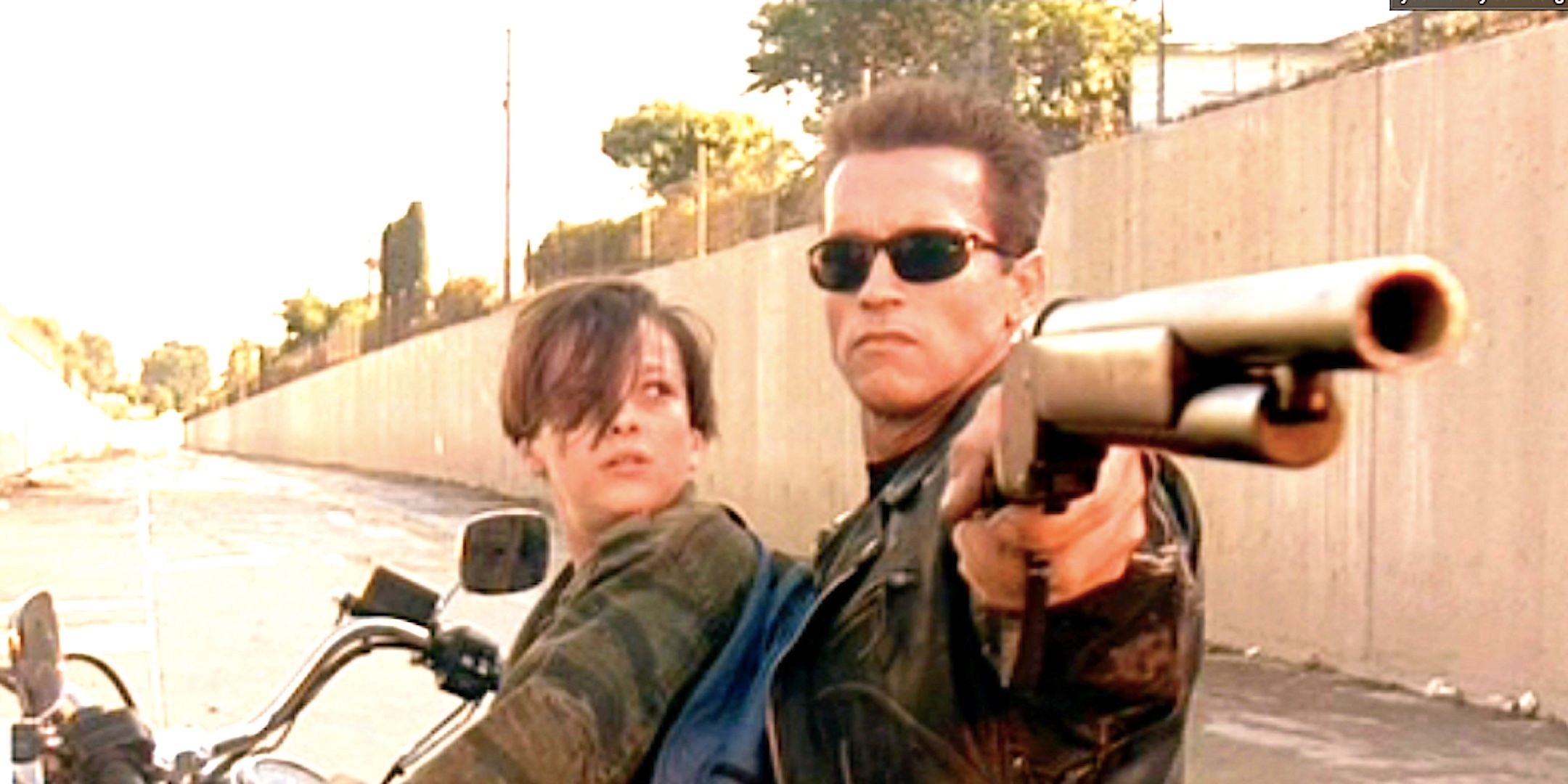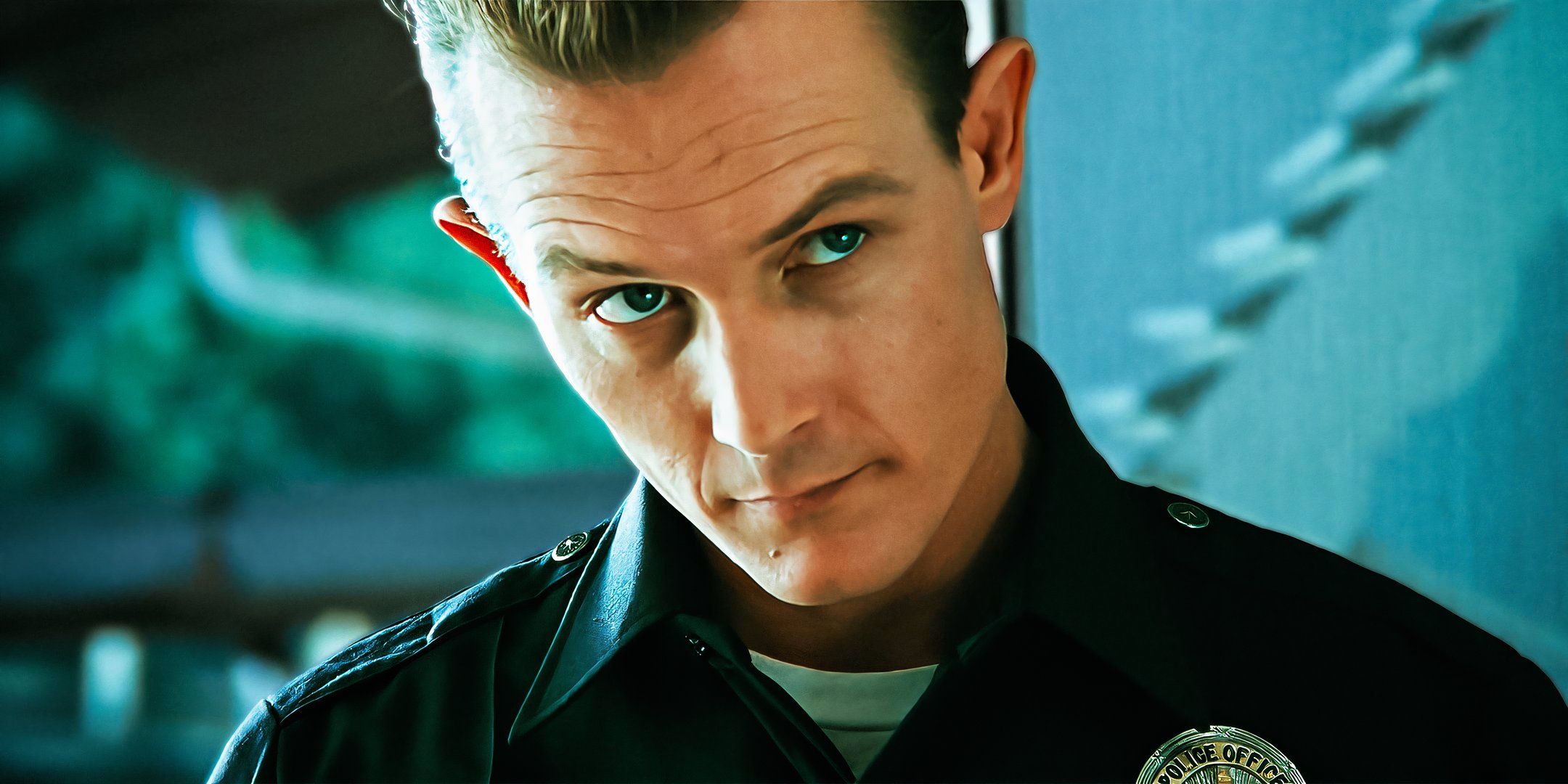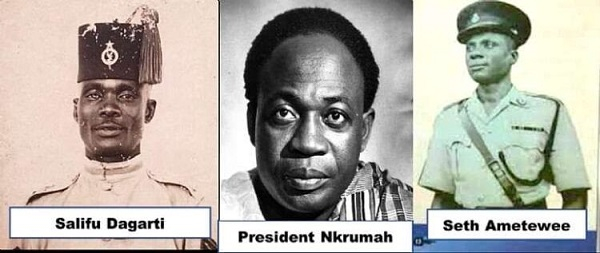A Terminator TV show might sound like a footnote in a franchise defined by its iconic movies, but is anything but forgettable. Premiering in 2008, the live-action Terminator series picked up the narrative thread directly from Terminator 2: Judgment Day, ignoring the subsequent movies and instead crafting a bold, serialized continuation of the saga. It followed Sarah Connor (Lena Headey) and her son John (Thomas Dekker) as they dodged assassins from the future and struggled to prevent the rise of Skynet.
While it only lasted two seasons, the show delivered a grounded, character-driven take on the Terminator mythos - one that many fans consider the truest successor to James Cameron’s vision. The Sarah Connor Chronicles wasn’t just good for a Terminator TV show, it was genuinely one of the best entries in the entire franchise. Its blend of compelling characters, complex storytelling, and thematic consistency outshined the increasingly convoluted and uninspired sequels that followed Terminator 2. If anything, its existence only underscores how disappointing the theatrical films have become in comparison.
Terminator: The Sarah Connor Chronicles picks up exactly where fans were left at the end of Terminator 2: Judgment Day, with Sarah and John Connor on the run after destroying Cyberdyne Systems and (seemingly) preventing the rise of Skynet. , taking place in a branched timeline that sees Sarah and John leaping forward from 1999 to 2007 with the help of a reprogrammed Terminator named Cameron (Summer Glau), who serves as John's new protector.
This Terminator TV show dives deep into the psychological and emotional toll of constantly fighting an invisible future. Lena Headey brings a raw, fierce edge to Sarah, depicting her not as a mythic hero, but as a mother teetering on the edge of obsession. Thomas Dekker’s John Connor is more vulnerable than Edward Furlong’s version, struggling with the pressure of becoming humanity’s future leader. Summer Glau’s Cameron is another standout - a Terminator with subtle quirks and mystery, often walking the line between machine and something more.
It doesn’t rely on bombastic action set pieces, but instead builds suspense and tension through intricate storytelling and character development. Unlike later films, The Sarah Connor Chronicles treats the apocalypse not as spectacle, but as a creeping inevitability that can only be delayed, never truly avoided. It’s a continuation that understands the world and themes Cameron built, and it expands them in ways the movies never quite dared.

Since Terminator 2, the Terminator franchise has spawned a mess of sequels, each of them claiming to be the “true” continuation of the story. From 2003’s Terminator 3: Rise of the Machines to 2009’s Terminator Salvation, 2015’s Terminator Genisys, and 2019’s Terminator: Dark Fate, The result is a fractured canon where no two sequels agree on what happened, who’s alive, or what Skynet even is.
Terminator 3 attempted a direct sequel to T2 but undermined its predecessor by declaring Judgment Day “inevitable.” Salvation jumped to a post-apocalyptic future war with Christian Bale as John Connor, ambitious, but disconnected from the series’ emotional roots. Genisys tried to rewrite everything with time-travel gymnastics and a miscast new Sarah Connor. Dark Fate erased everything post-T2, bringing back Linda Hamilton but controversially killing off John Connor in the first five minutes. None of them managed to reignite the franchise.
Instead, The Sarah Connor Chronicles embraced the complexity of time travel and consequences. It took the events of Terminator 2 seriously and used them as a springboard to explore the aftermath. There was no need to retcon deaths or dramatically rewrite timelines - it built from what came before. Its consistency and emotional stakes made it feel like a true sequel, something no movie after T2 fully accomplished.

The frustrating thing about Terminator: The Sarah Connor Chronicles is that it showed exactly how good a modern Terminator story could be. The tone was serious, the stakes were personal, and the writing actually engaged with the philosophical questions at the heart of the franchise. It understood that Skynet wasn’t just a villain - it was an idea, an existential threat that reflected real fears about technology and power. Terminator movies relied on.
When Terminator: Genisys and Dark Fate stumbled into theaters with big names and bloated plots, the contrast was painful.
This Terminator TV show gave fans a grounded, intelligent take on the mythos. Its cliffhanger ending in “Born to Run” remains one of the boldest final notes in the franchise, leaving viewers with more questions than answers, but in a good way. It left a lasting impression because it respected its audience’s intelligence and emotional investment. The fact that it was cancelled due to ratings, not quality, is one of sci-fi TV’s biggest tragedies.
So when Terminator: Genisys and Dark Fate stumbled into theaters with big names and bloated plots, the contrast was painful. Terminator: The Sarah Connor Chronicles had already set a high bar with a fraction of the resources. It’s not just that the show was good - it’s that it made the failures of the movies even more glaring. If a TV show could get Terminator right, there’s no excuse for the films getting it so wrong.












